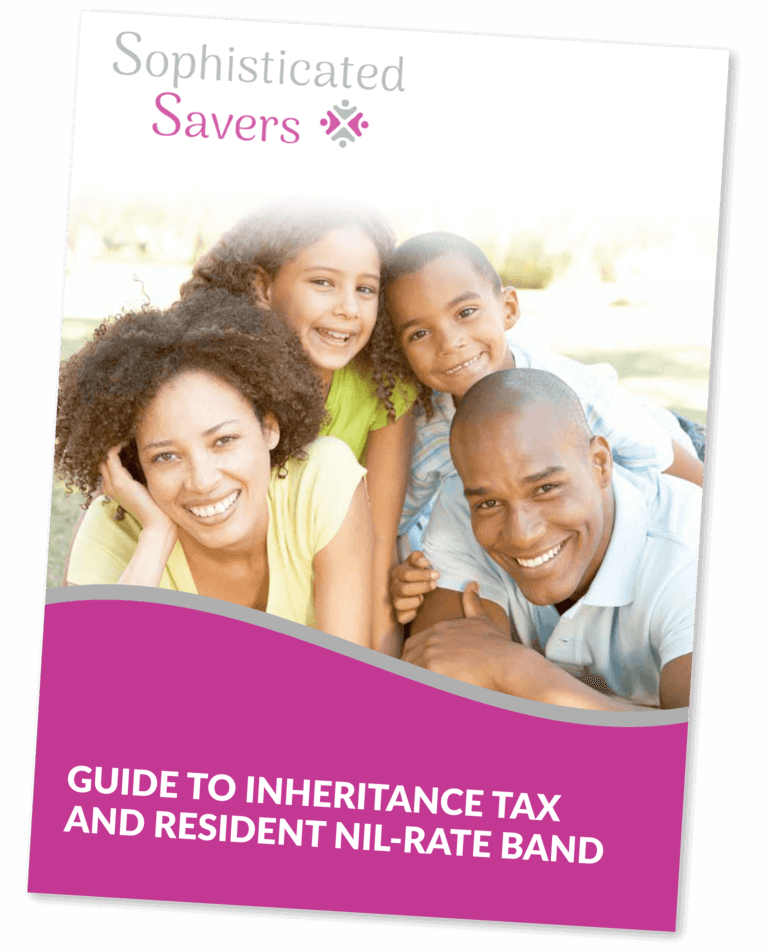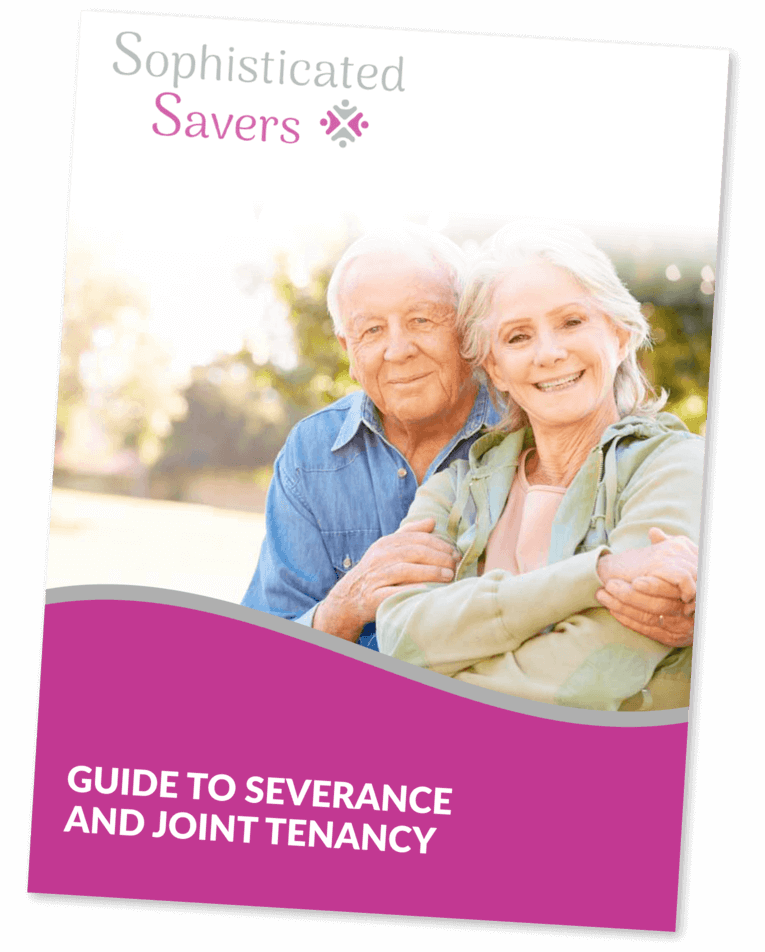A Guide To Will Choices
A Guide To Will
Choices
Simple Wills vs Discretionary Trusts
It’s easy to get confused between the purpose of Wills and Trusts and whether you need one or both. This is because both instruct your assets to go to other people.
However, Wills and Trusts are not the same and they serve different functions which will be explained in this guide.
What Is A Will?
A will is a legal document that has four fundamental aims:
1. To explain what happens to your property and assets after your death. The Will is a testimony that needs to be signed and witnessed.
2. To name any beneficiaries from your Will and to detail what exactly you are leaving them.
3. To choose an appropriate executor who will manage the distribution of your assets and property.
4. To appoint a guardian to look after your children (if you have them) after your death.
Dying without a Will (dying Intestate) means that the Crown will distribute your assets and property and it may not be in accordance with your wishes. In addition, any young children could remain in the care of Social Services until a suitable guardian is appointed. For more information on dying without a Will, see our guide on Why Make a Will.
A Will can often go through probate which is the legal title transference of property and assets from the name of the deceased to the names of any beneficiaries. This is a costly process.
Through the process of probate, which is usually handled by a Solicitor, it is established if your Will is legal and properly drafted, considers any objections to the Will, instructs any debts to be repaid and oversees the process to ensure that property and assets are shared according to the terms and conditions of the Will.
Dying Intestate will mean that the person handling probate will select someone to execute the Will. They will pay any debts and oversee the distribution of assets and property according to the Rules of Intestacy which may not be in
accordance with your wishes.
However, if you die having made a valid Will, you will have control over who gets your property and remaining assets (after re- payment of debts, payment of taxes and administration fees). Plus, having a Will makes the process of probate shorter and less expensive (although still likely to take some time).
There are many different types of Will, but the most common is the Simple Will. It instructs the absolute distribution of assets for a straightforward estate. You can even buy a document from a shop (although proceed with caution because if it’s not properly drafted, it won’t be valid) but it’s advisable to use a solicitor to ensure that the Will is legal.
What Is A Trust?
Rather than a document like a Will, a trust is a legal understanding (supported by a document) where you (the grantor) give assets, investments or property to someone (the trustee) so they can take care of them for the benefit of a third person (the beneficiary).
An example of this could be putting savings into a trust for your children.
There are three main roles in trusts:
The grantor produces the trust and can be also known as the donor or settler
The trustee holds the assets in the trust and their main role is to manage the trust’s assets.
The beneficiary may be unable to manage the trust assets themselves, normally because they’re too young or can’t manage money properly. Therefore, a trust can be set up. The assets in the trust are kept for the beneficiary’s’ benefit.
A Discretionary Trust
There are different types of trusts but one of the most common ones is the Discretionary Trust.
The trustees are entrusted with a large amount of judgment and responsibility. They make decisions about how to use the trust income and:
- How much gets paid out, whether it be income or capital
- Which beneficiary to pay
- The scheduling of payments
- Any conditions to put upon on the beneficiaries.
Discretionary trusts can be set up for:
- Beneficiaries who aren’t able or mature enough to deal with money themselves
- A future requirement, like a young child who may need more financial help than other beneficiaries at a certain time in their life
Why Make A Trust?
Reduces Inheritance Tax Liability
The assets you put in a trust will no longer belong to you (provided conditions are met). Therefore, the assets’ value will not usually be considered when your Inheritance Tax bill is calculated.
No probate
A trust can also diminish the need for expensive probate. So, having a trust can reduce cash outlays after you die.
Income
Your assets are moved to trusts and the trusts will retain your assets after you die. Although you won’t own the assets anymore as your trust owns them, you can still access them whilst you’re alive. It is also possible to order your trust to pay revenue to you, and, when you die, your trustee is ordered to share whatever is left to your beneficiaries, in accordance with your instructions, so there is no need for probate.
Control
You also have control over what happens to your assets. For example, you’d like to pay for your son’s university fees but rather than give him the cash in your Will, you can set up a trust to ensure that the university fees are paid when he gets to that stage in his life.
Flexibility
A trust allows for adaption to circumstances as they arise. In a Will, you aren’t afforded that luxury as you’ll name the beneficiaries from the outset; they will receive the gift upon your death and you cannot change your mind.
For instance, you may have two children – one which is in a highly paid job at the time of your death and the other who is struggling to make ends meet. A few years down the line, there may be a reverse in situations. With a trust, you’re able to direct the funds to who needs it most at a particular time in their lives.
Wills And Trusts Together
It is strongly advisable that in any circumstance, you have a Will; and if you do have beneficiaries that are either not old enough or are not able to handle large sums of money, or you still want to benefit from your assets whilst you’re still alive, you should appoint a trustee and create a trust.
This way, you’ll have more control over how your assets are treated (limiting Inheritance Tax liability and ensuring the funds are spent sensibly) and you can rest assured that you made the wisest financial decision regarding your family’s future and your legacy.
Glossary Of Terms
Assets
An item of property owned by a person, considered as having value.
Beneficiary
The receiver of funds, property or other benefits.
Discretionary Trust
The trustees have discretion as to manage the trust fund. Beneficiaries are named in the trust deed and it is the decision of the trustees to decide which of the beneficiaries is to benefit at any given time. It’s a very flexible form of trust.
Dying Intestate
Dying without having made a Will.
Executor
A person (or number of people) who is responsible for ensuring that any debts the deceased had are paid, and that any remaining assets are distributed in accordance with their wishes in their Will.
Grantor
A person who produces the trust and can be also known as the donor or settler.
Inheritance Tax
A tax paid on money or property that is left to a beneficiary has received from someone who has died.
Probate
The process of organising the deceased’s estate after they’ve died.
Trustee
A Board member or individual that has been bestowed with control over the administration of assets in a trust with a legal duty to oversee it only for the purposes specified by the grantor.
Will
A Will is also referred to as A Last Will and Testament. It is a legal document and it explains how an individual would like their assets to be shared after death.
Useful Contacts
Money Advice Service
www.moneyadviceservice.org.uk/en
0800 138 7777
Government website
www.gov.uk/trusts-taxes
Contact: https://www.gov.uk/contact/govuk
HMRC – Inheritance Tax
www.hmrc.gov.uk
0845 302 0900
Cruse Bereavement Care
www.crusebereavementcare.org.uk
0844 477 9400
Probate Service
www.gov.uk/wills-probate-inheritance
0845 3020 900
The Law Society
www.lawsociety.org.uk
020 7242 1222 (England)
029 2064 5254 (Wales)
The Law Society of Scotland
www.lawscot.org.uk
0131 226 7411
The Law Society of Northern Ireland
www.lawsoc-ni.org
028 9023 1614
Would You Like Help Creating Your Will?
If you’re looking for an easy and affordable way to create a legally binding Will, then we can help.
We work closely with a company called Private Client Online who provide estate planning services. They offer a simple process to draft your Will online & then submit to the solicitors. And the cost is just £69 for an individual, or £99 for a couple (inc Vat).
If you’d like to find out more about this service then simply enter your details in the form above and we’ll call you back ASAP.
Would You Like Help Creating Your Will?
If you’re looking for an easy and affordable way to create a legally binding Will, then we can help.
We work closely with a company called Private Client Online who provide estate planning services. They offer a simple process to draft your Will online & then submit to the solicitors. And the cost is just £69 for an individual, or £99 for a couple (inc Vat).
If you’d like to find out more about this service then simply enter your details below and we’ll call you back ASAP.





